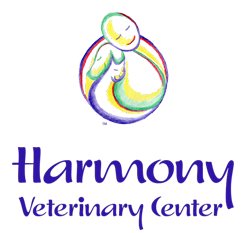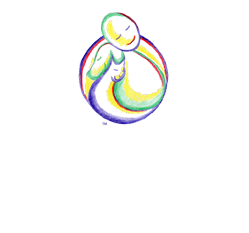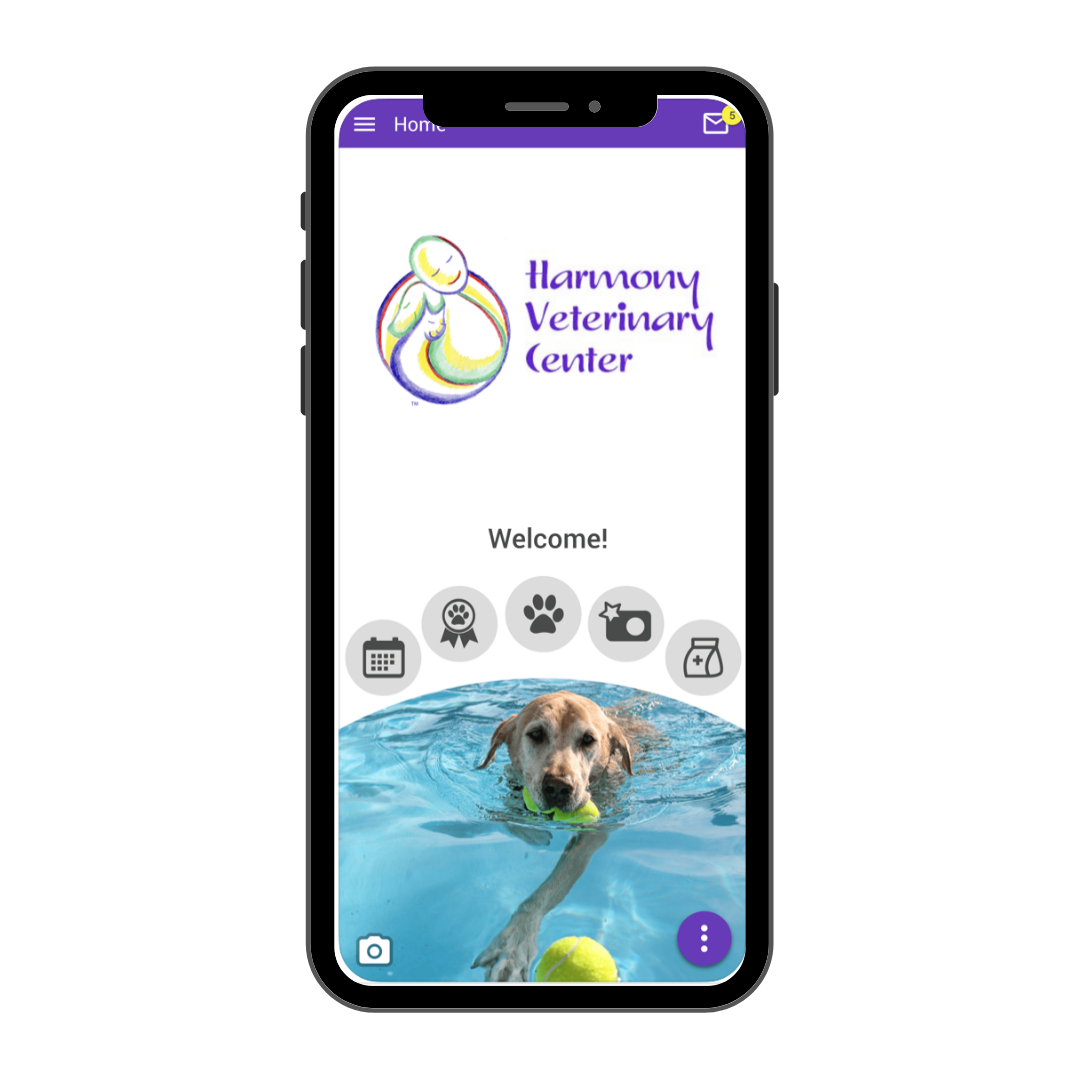Get Your New Dog Started Off Right
Many pet owners bring a new puppy or dog home for the holidays, which inevitably brings a period of adjustment. Your goals are to help your dog quickly bond to its new family, and to minimize the stress associated with leaving its former home. If there are already dogs in the new home, the transition may be a little easier. Most puppies, especially those obtained before 12 weeks of age, will form attachments almost immediately to the people and other pets in the new home, provided that there are no unpleasant consequences associated with each new person and experience.
Establishing the Pack
Dogs are a highly social “group-living” species with a leader that the other members follow and look to for direction. When a dog enters our home, the family becomes the new social group. Therefore it is essential for the dog to learn its limits, including which behaviors earn rewards and which behaviors have undesirable consequences. Control must be achieved at the outset by the proper use and timing of rewards and by directing the dog to display appropriate responses, rather than using punishment or physical techniques that can lead to fear and anxiety.
Start Training Immediately with Positive Reinforcement
Begin training a dog as soon as you bring him into your home and establish your role as the leader. This can be done by rewarding desirable responses, training the dog to obey commands, avoiding the reinforcement of behaviors that are initiated by your dog and training the dog to accept simple body handling techniques. Puppy training classes that begin as early as 8 to 9 weeks of age will ensure both early socialization and early learning.
Training should focus on teaching the dog what you want, rather than disciplining what you don’t want. This makes a positive learning environment for the dog to grow up in. Having an obedient, well behaved, dog that enjoys handling and accepts restraint should be your focus. It needs to be accomplished through reward based training, while avoiding punishment or confrontational based training techniques.
Rewards Must be Earned
The best way to gain control is to teach your dog that each reward must be earned. This is also the best way to ensure that undesirable behaviors are not inadvertently reinforced. Begin with some basic obedience training, teaching the dog to ‘sit’, ‘stay’ and ‘lie down’ for rewards. Practice short sessions, multiple times each day. Whenever the dog is to receive anything of value (affection, attention, food, play and walks), the dog should first earn its reward by performing a simple obedience task such as ‘sit’ or ‘stay.’
Teach the dog that rewards of any sort will never be given on demand. The dog — especially a puppy — must be taught that vocalization, nipping, mouthing, and overly rambunctious or demanding behaviors of any sort will never earn rewards. In fact, these behaviors should be met by inattention or by confining the dog for a few minutes until it settles down. Rewards should be given as soon as the dog is performing an appropriate response, and each member of the family must follow the same guidelines.
Preventing Damage & Mischief
The rule of thumb for dog training is “set the dog up for success.” Establish a daily routine that answers all your dog’s needs such as walks and exercise, play and training, feeding, and sleeping. Supervise a puppy at all times until it has learned what it is allowed to chew, and where it is supposed to eliminate.
At any time that the puppy cannot be supervised, such as during the night or when you need to go out, house it in a secure area. An escape-proof crate or a collapsible pen is simple, highly effective, and, most importantly, safe. The dog will adapt fastest to the new area if it is associated with rewards. Have the puppy enter the area for all its treats, toys, and perhaps food and water. Avoid housing the puppy in isolated areas where there is minimal human contact, such as in a laundry room or basement. Often the best area is a kitchen (so that this can also be the dog’s feeding area) or a bedroom (so that it becomes the dog’s sleeping area). Each time a dog needs to be confined, it should first be well exercised and given an opportunity to eliminate.
Addressing Misbehavior
Every effort should be made to avoid punishment for new puppies. In addition to being unnecessary, it can lead to avoidance of family members at a time when bonding and attachment is critical. However, there will be times when your new dog misbehaves. Undesirable misbehavior must be prevented, or corrected in the act.
Young puppies in particular are very impressionable. Harsh physical reprimands are contraindicated. They only serve to frighten the dog and make them hand shy. We want dogs to look toward a human hand as something pleasant that brings comfort, food and affection. Most dogs can be easily interrupted with vocal intonation and loud noises. What is equally important is to redirect the dog to the correct behavior after you interrupt what you do not like.
If you catch your puppy misbehaving, try a loud noise such as clapping your hands or a loud “uh-uh.” Remember, reprimands need to occur while the behavior is happening, preferably just as it begins, and never after. Often dogs will be startled when they hear these noises and temporarily stop the behavior. At that time, redirect the animal to a more appropriate task and reinforce it with an immediate and positive ‘good dog.’
Supervise, Supervise, Supervise
The most important thing that you can do to avoid undesirable behavior is to supervise your dog, especially if it’s a puppy. Unsupervised puppies will chew and destroy objects as part of their natural curiosity and play. Always provide suitable play objects designed to entertain so that it will not want to destroy your possessions.
Most importantly, if you find something that your dog has destroyed but you did not catch him in the act, just clean it up and vow to supervise him better in the future. Do not go get the dog, bring him over to the mess and yell and physically discipline him. Remember that you need to punish the behavior you wish to change at the time it occurs. If you did not see your puppy chew up the object, all you are doing is disciplining your puppy for being present when there is a mess on the floor. Since that makes no sense to your puppy, your reprimands could create fear and anxiety, which could lead to aggression and owner avoidance.
Play, exercise, affection, training, and handling must all be part of the daily routine. All dogs, especially puppies, should be given chew toys that interest and occupy their time. When supervised, the owner can allow the dog to investigate and explore its new environment and direct it to the appropriate chew toys and behaviors (and away from inappropriate ones). Associate new tasks, routines, people and forms of handling with rewards to ensure your new dog brings the family joy not just at the holidays but all year round for its lifetime.



